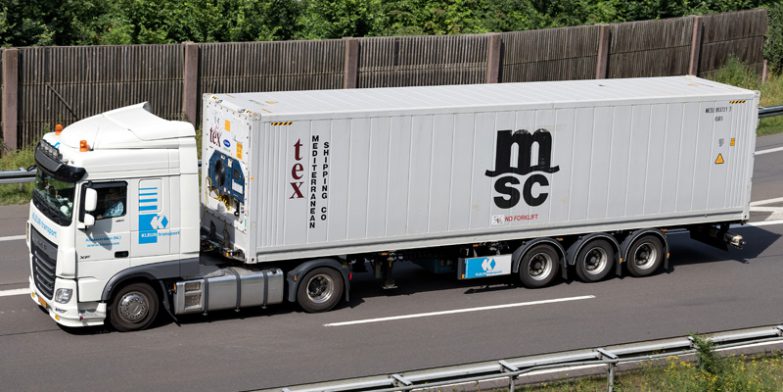
The shortage of refrigerated containers is intensifying, disrupting the movement of temperature-sensitive goods across major trade routes. From Asia to the Americas and Europe, shippers are struggling to secure the necessary equipment to meet soaring demand, with ripple effects across supply chains.
Seasonal peaks, infrastructure limitations, and growing import and export volumes have all contributed to a crisis that shows no signs of easing.
The current reefer shortage has been largely driven by a significant surge in refrigerated imports from Asia, particularly seafood, which has seen a 30% year-on-year increase. This demand spike coincides with the produce export season in the southern hemisphere, with Argentina and Chile reporting strong export volumes amid expectations of large harvests. South American exporters are grappling with an estimated 73% shortfall in reefer containers, leaving significant volumes of produce at risk.
Increased demand is not limited to these regions. Reefer capacity has tightened globally, with Vietnam reporting a 10% growth in demand and Europe facing a 19% container shortfall. Compounding the issue are prolonged transit times on Asia-Europe routes as carriers avoid the Red Sea due to geopolitical concerns, removing 7% of global capacity from circulation.
Port and inland challenges
Major ports in the US, such as Houston, Philadelphia, and Virginia, are facing critical reefer shortages, leaving perishables exporters with limited options. Similar issues are evident inland, with a lack of reefer trucks reported in states like Idaho, Washington, and Florida.
Tender rejections from trucking companies have risen sharply, averaging over 14% since October 2024, compared to 8% the previous year. Predictions of a cold winter in the US are expected to place further strain on temperature-controlled logistics, as increased demand for heating-related goods competes with the movement of perishables.
Seasonal and structural pressures
Seasonal shifts and supply chain disruptions are worsening the reefer crisis. The threat of another strike at US east and Gulf coast ports may have prompted early shipments from importers, straining capacity. At the same time, growing reefer volumes globally, projected to rise at a compound annual growth rate of 2.2% through to 2028, signal long-term challenges for the industry.
Global Forwarding are experts in refrigerated cargo shipping, cold-chain management and specialised packaging, to make sure your fresh and frozen products always arrive in pristine condition.
Our dedicated foodstuffs team can help you with all your export and import requirements providing full support with Customs regulations, and compliance with health authorities at origin and destination.
EMAIL William Bashford, Managing Director, Global Forwarding Ireland





